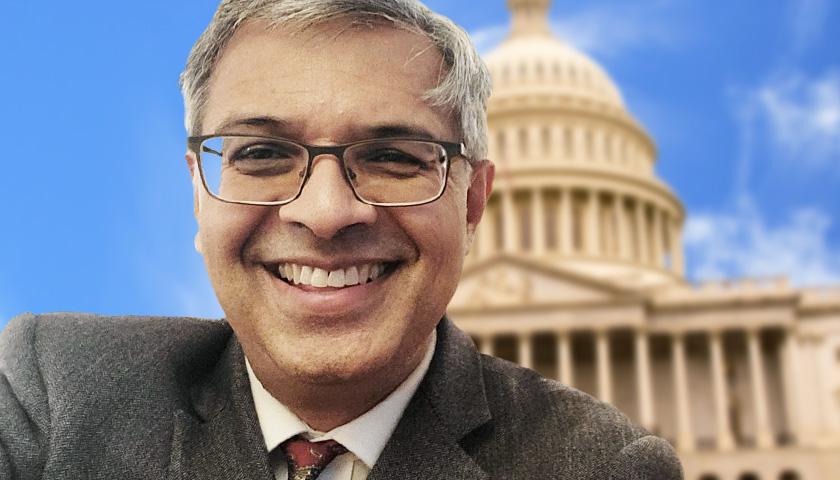Even though public schools in Ohio cannot close for all religious holidays, a Republican state senator says that students don’t deserve penalization for observing them and that schools should treat them as legitimate absences.
Senate Bill (SB) 49 known as the “Religious Expression Days” Act sponsored by State Senator Michele Reynolds (R-Canal Winchester) aims to require local boards of education to draft “non-exhaustive” lists of religious holidays and excuse students for up to three days each academic year.
The bill would require schools to accommodate “any missed assignments including tests” and teachers would have to accept these absences “without question” while maintaining “alternative accommodation requests confidential.”
“If they miss that day at school, it’s often not excused because it’s not a holiday that’s recognized by their local district,” Reynolds said.
According to Reynolds, this can have academic ramifications.
“Today many students of various religious backgrounds in our K-through-12 public schools have to choose between attending school and practicing their faith. Those who are absent due to religious commitments are often marked, unexcused, or otherwise academically penalized,” Reynolds said.
Ohio Jewish Communities Director Howie Beigelman echoes Reynolds in agreeing that no student deserves penalization for observing a religious commitment.
“No student should be forced to make a choice between their faith and their education. Nor should they face backlash if they do,” Beigelman said.
SB 49 is similar to a law that will go into effect for Ohio colleges on April 3rd.
HB 353 which Governor Mike DeWine signed into law in the 134th General Assembly provided similar accommodations for students at higher education institutions. HB 353 permits a student to be absent for up to three days each academic semester for religious or spiritual reasons. Specifically, HB 353 permits students to participate in organized activities conducted under the supervision of a religious entity such as a church, temple, mosque, or other religious spiritual organization.
Christian, Jewish and Muslim organizations supported this law.
The First Amendment of the United States Constitution guarantees freedom of religion and freedom of religious expression. The free exercise clause established in the first amendment prohibits the federal and state governments from infringing on an individual’s religious practice.
According to Reynolds “requiring a religious expression day policy in our K-12 public school districts will ensure this core principle of our democracy is upheld.”
SB 49 is currently under review in the Education Committee.
– – –
Hannah Poling is a lead reporter at The Ohio Star and The Star News Network. Follow Hannah on Twitter @HannahPoling1. Email tips to [email protected]
Photo “Michele Reynolds” by Michele Reynolds. Background Photo “Child Praying in Church” by cottonbro studio.





